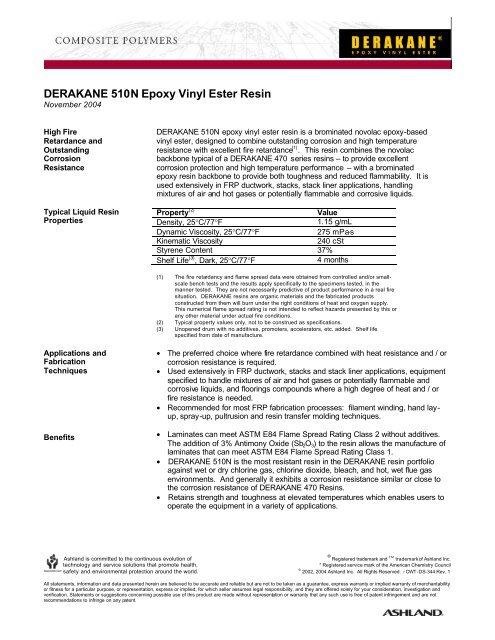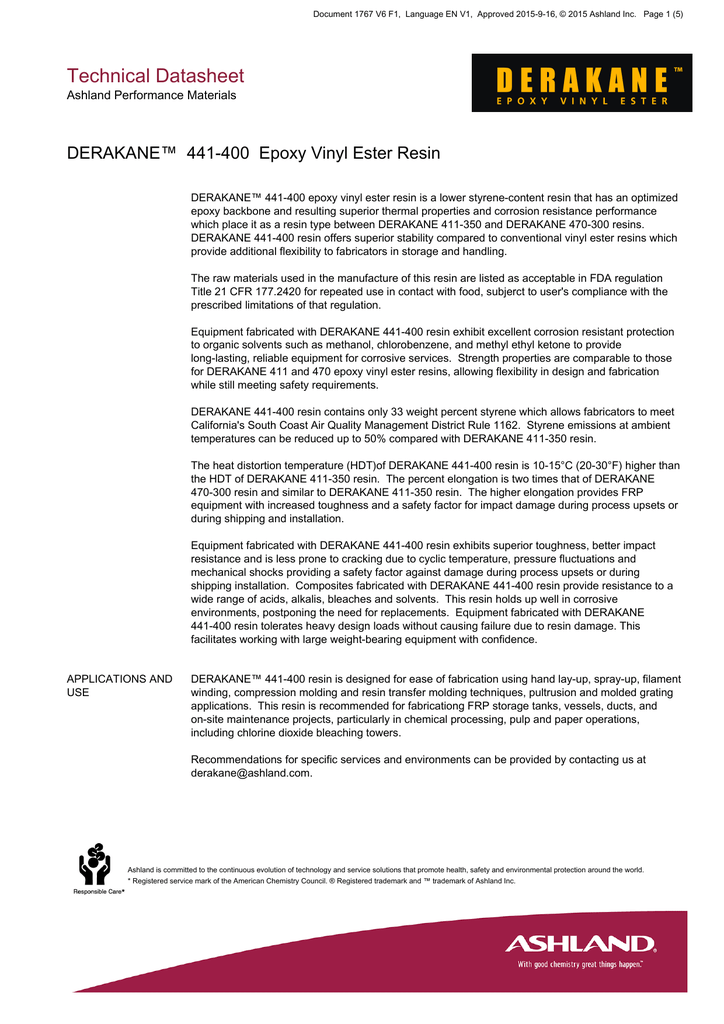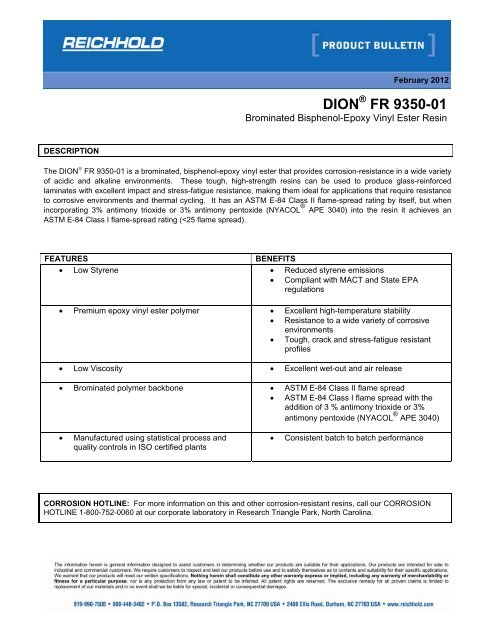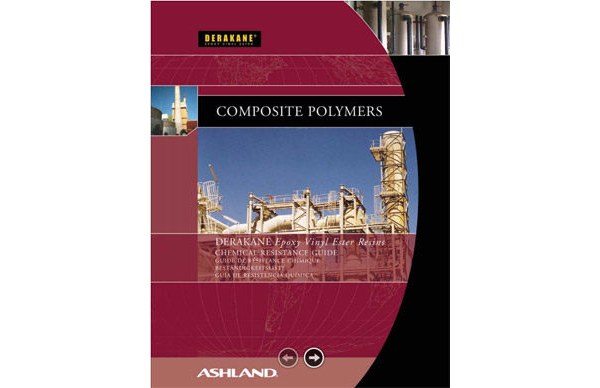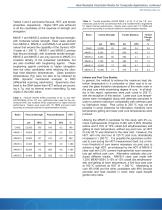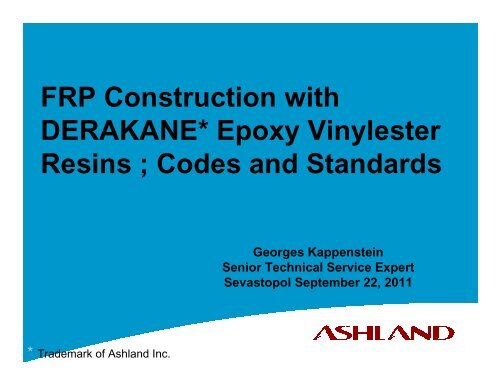Epoxy Vinyl Ester Resin Chemical Resistance
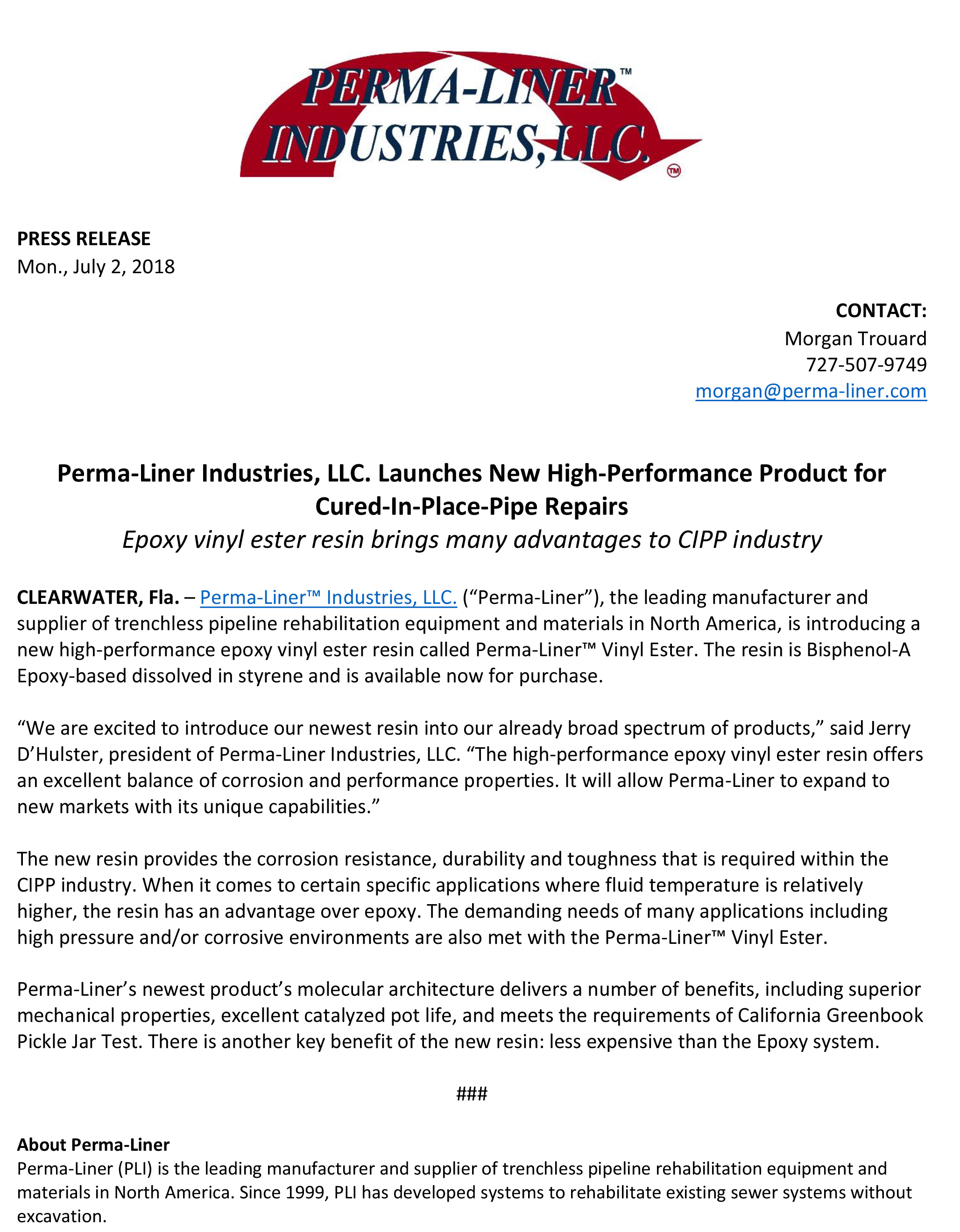
Tough textiles reinforced with silicate fibers are bound with a liquid polymer such as vinyl ester resin which imparts stiffness to the fabric while impregnating the component with distinct corrosion thermal and abrasion resistance properties.
Epoxy vinyl ester resin chemical resistance. Derakane 510n resin is a brominated epoxy novolac vinyl ester resin that offers a high degree of fire retardance. They are very resistant to chemical attack by chlorine and bleach environments. Fatigue resistant than standard epoxy vinyl ester resins. Vinyl esters have enhanced mechanical properties compared to polyesters with physical strength better impact and thermal shock resistance.
It is the most resistant resin in our portfolio against chlorine bleach and hot wet flue gas environments. Derakane 510n resin is brominated epoxy novolac vinyl ester resin that offers a high degree of fire retardance1. It is also useful in hot wet flue gas environments where. References and notes in some cases conventional solvents such as xylenes are also used.
Vinyl ester or vinylester is a resin produced by the esterification of epoxy resin with unsaturated monocarboxylic acid. Derakane and derakane momentum 510a c resins are brominated epoxy vinyl ester resins that offer a high degree of fire retardance1. Derakane 8084 resin is an elastomer modified bisphenol a epoxy vinyl ester resin that offers very high toughness impact and. It exhibits a corrosion resistance similar to derakane 470 resins in most environments.



